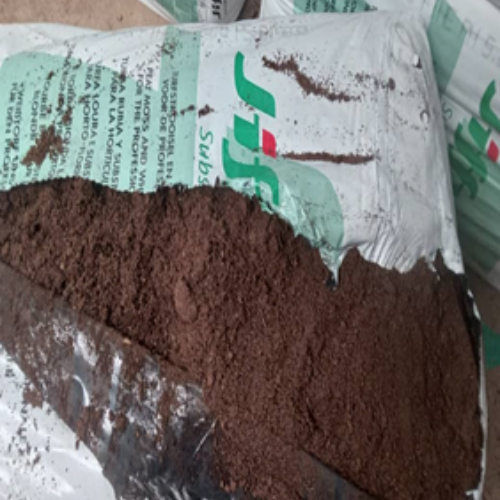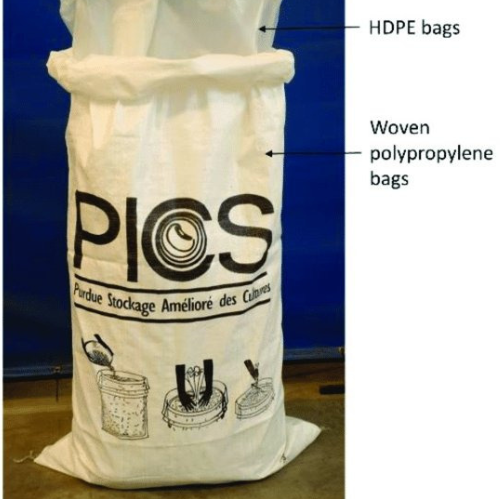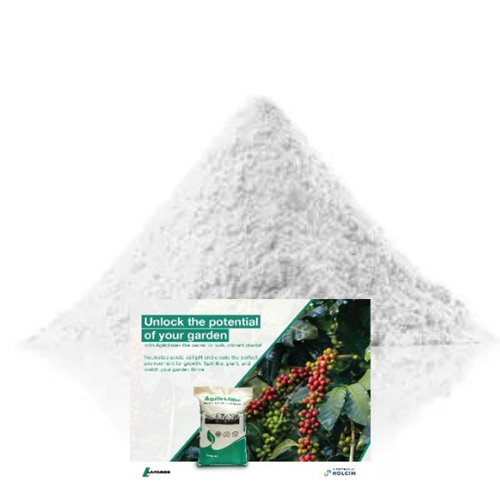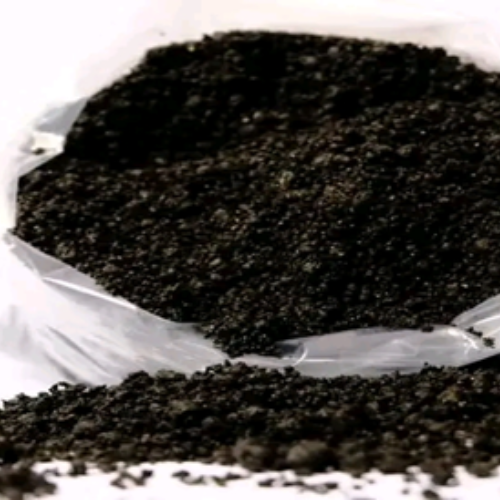Description
Peat moss, also known as sphagnum peat moss, is a natural and organic material that is widely used in gardening and horticulture. It is derived from partially decomposed sphagnum moss and other organic materials found in boggy or swampy areas. Here are some key aspects and uses of peat moss:
Composition:
Peat moss is composed mainly of partially decomposed plant material, primarily sphagnum moss, along with other organic materials like leaves and twigs. It forms in waterlogged, acidic environments where the decomposition of organic matter is slow.
Acidity:
Peat moss is naturally acidic, making it suitable for plants that thrive in acidic soil conditions. However, it’s important to note that prolonged use of peat moss can contribute to soil acidification over time.
Water Retention:
One of the notable properties of peat moss is its excellent water retention capacity. It can absorb and retain water well, making it a valuable component in potting mixes and soils to improve moisture levels.
Aeration:
While peat moss retains water effectively, it also provides good aeration to plant roots. It helps prevent soil compaction and allows for the exchange of gases between the soil and the atmosphere.
Soil Amendment:
Peat moss is often used as a soil amendment to improve the structure and fertility of soils. It is mixed with garden soil to enhance water retention, aeration, and nutrient availability.
Seed Starting Mix:
Peat moss is commonly used in seed starting mixes. Its fine texture and ability to hold moisture create an ideal environment for germinating seeds and supporting the early growth of seedlings.
Mulching:
Peat moss can be used as a mulching material around plants. It helps conserve soil moisture, suppress weeds, and regulate soil temperature.
Environmental Concerns:
The extraction of peat moss from natural peat bogs raises environmental concerns. It is a slow process for peat to regenerate, and excessive harvesting can lead to habitat destruction and carbon release. As a result, there is increasing interest in sustainable alternatives and peat moss substitutes.
Sustainability and Alternatives:
Gardeners are encouraged to consider sustainable alternatives to peat moss, such as coir (coconut fiber), compost, and various organic matter. These alternatives offer similar benefits without the environmental impact associated with peat moss extraction.




